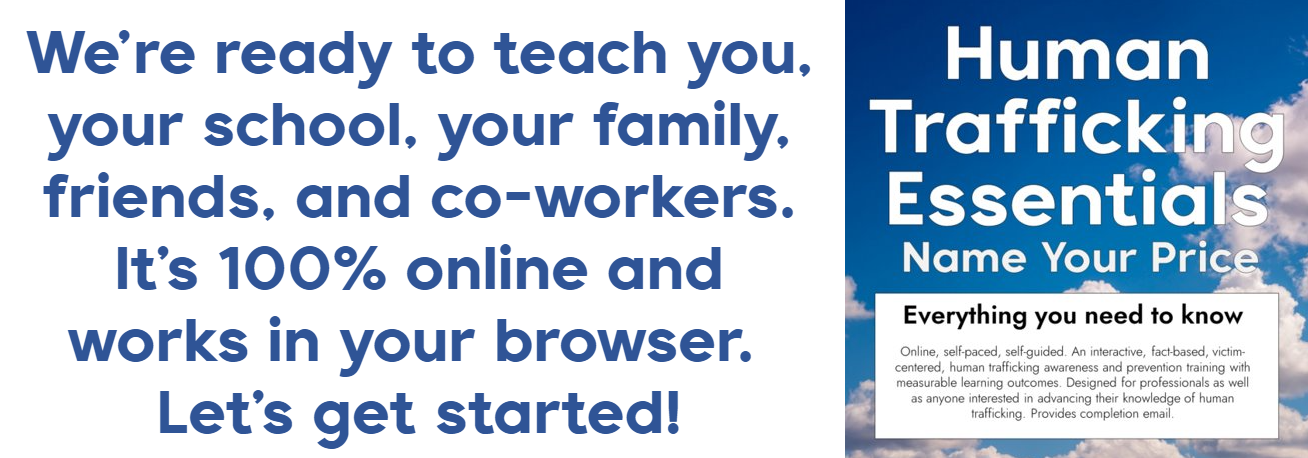‘Enslaved…in our own backyards’: Utah AG confirms human trafficking horrors in ‘Sound of Freedom’

The recording-breaking film “Sound of Freedom,” based on the life of former government operative Tim Ballard, hits close to home for Utah Attorney General Sean Reyes. As his state's top law enforcement officer, Mr. Reyes not only has experience combating human trafficking at home in Utah, but he has also volunteered with Mr. Ballard's Operation Underground Railroad, and has seen firsthand the horrors depicted in “Sound of Freedom” — both here in the U.S. and around the world.
“It's almost inconceivable to us in this modern day that there is slavery that is still ongoing,” Mr. Reyes explained in a recent interview with the Washington Times. “The sad truth is that there are so many people subjugated into not just sex slavery, which was primarily the focus of the film ‘Sound of Freedom,' but labor trafficking, organ harvesting… all these horrific manifestations of this evil institution.”
Although surprised and “gratified” by the film's success, Mr. Reyes said he was also encouraged because he believes the topic of human trafficking should transcend current political divides and touch the heart of everyone who watches. That's a big reason why he's so baffled by critics who claim the film has some sort of hidden agenda.
“I think this is one area that's not a Republican or Democrat issue. It's not left, right, Progressive, Conservative, it is humanitarian – a human issue,” Mr. Reyes said, noting that both President Obama and President Trump had spoken out on the issue during their time in office. “I don't know why you would criticize a movie that has no other agenda than to just raise awareness and help rally people around the world to the cause of ending human slavery.”
That's not to say that politics doesn't influence aspects of human trafficking. The Biden administration's lax border policy is one such issue that Reyes said has made life easier for traffickers — and needs to be fixed.
“When we talk about fighting human trafficking you can't really talk about that without really having an honest, serious conversation about [the border],” said Mr. Reyes, whose father is a Spanish-Filipino immigrant. “Every state today is a border state now. Not all are physically contiguous to the border but the effects of what is coming across, the illicit activity, far more child predators are coming across that's fact.”
And with the child trafficking trade affecting nearly 2 million children each year, Mr. Reyes said that awareness is key to inspiring more people to take action.
“The reason why it's important for people to know about it is they can protect themselves and their families and help us be eyes and ears for law enforcement to help us take down traffickers and trafficking networks,” he said.
“It happens in every state in America and in nearly every community whether that be rural or urban or suburban,” he continued. “And it is happening at an alarming rate and it's happening largely because people aren't aware, because the average human being doesn't think in their heart that another human being could be so cruel and so evil and sell another person.”
By spurring more people to action, people like Mr. Reyes and Mr. Ballard hope to create a worldwide movement that will eventually overcome this horrific institution.
“Everybody is a potential victim but everybody is also part of the potential solution to this so that's how we've coped with it – Tim and I and others in the fight,” Mr. Reyes noted.. “It's a dark, very gritty subject… but if we can bring light and shine that light, there is hope.”
—
Marissa Mayer is a writer and editor with more than 10 years of professional experience. Her work has been featured in Christian Post, The Daily Signal, and Intellectual Takeout. Mayer has a B.A. in English with an emphasis in Creative Writing from Arizona State University.
This “Eyes on Trafficking” story is reprinted from its original online location.
Fair Use Notice: The PBJ Learning Knowledge Vault is dedicated to advancing understanding of various social justice issues, including human trafficking and related topics. Some of the material presented on this website may contain copyrighted material, the use of which has not always been specifically authorized by the copyright owner. We are making such material available in our efforts to promote education and awareness of these important issues. There is no other central database we are aware of, so we put this together for both historical and research purposes. Articles are categorized and tagged for ease of use. We believe that this constitutes a ‘fair use' of any such copyrighted material as provided for in section 107 of the US Copyright Law. In accordance with Title 17 U.S.C. Section 107, the material on this site is distributed without profit to those who have expressed a prior interest in receiving the included information for research and educational purposes. For more information on fair use, please visit: “17 U.S. Code § 107 – Limitations on exclusive rights” on Cornell Law School's Legal Information Institute.
 ABOUT PBJ LEARNING
ABOUT PBJ LEARNING
PBJ Learning is a leading provider of online human trafficking training, focusing on awareness and prevention education. Their interactive Human Trafficking Essentials online course is used worldwide to educate professionals and individuals how to recognize human trafficking and how to respond to potential victims. Learn on any web browser (even your mobile phone) at any time.
More stories like this can be found in your PBJ Learning Knowledge Vault.
EYES ON TRAFFICKING
This “Eyes on Trafficking” story is reprinted from its original online location.
ABOUT PBJ LEARNING
PBJ Learning is a leading provider of online human trafficking training, focusing on awareness and prevention education. Their interactive Human Trafficking Essentials online course is used worldwide to educate professionals and individuals how to recognize human trafficking and how to respond to potential victims. Learn on any web browser (even your mobile phone) at any time.
More stories like this can be found in your PBJ Learning Knowledge Vault.

